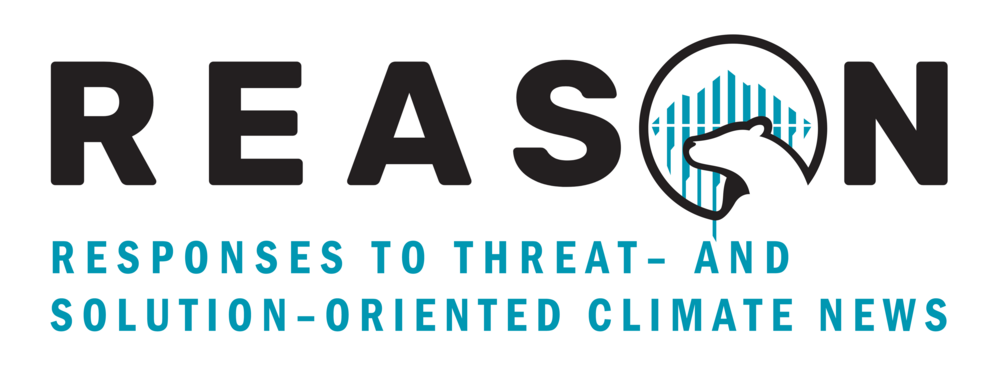How do people respond to threat-based and solution-oriented climate messages, and how do these messages affect their emotions and physiological reactions?
How can climate communication help transform climate anxiety into motivation for effective climate action?
How have narratives about climate change and climate action evolved in the media over the years?
What are the long-term effects of different climate messages on behavior and societal attitudes?
How does the media coverage influence public perception of climate change?
REASON investigates the interplay between climate reporting and social impact in three dimensions: media climate communication, self-perception and unconscious psychological reactions. Our focus is on overcoming psychological barriers such as eco anxiety, existential fear and hopelessness and instead encouraging people to actively participate in change and shape a more sustainable future through motivational messages and positive perspectives.

The aim of this innovative project is to comprehensively examine the informational and emotional aspects of the climate debate and its social impact. The project goes beyond traditional climate communication by taking an in-depth look at alarmism, hopelessness and other feelings of threat. Using state-of-the-art methods such as MRI, machine learning and NLP, the effects of threat- and solution-oriented messages on recipients will be analyzed.
